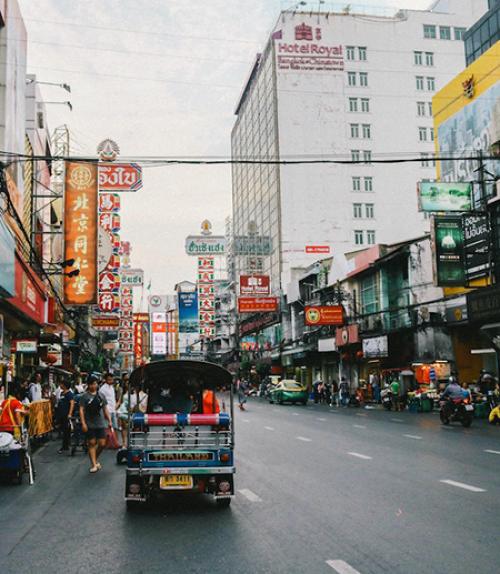Thousands continued to protest in Thailand in the wake of an emergency decree issued Thursday by the government limiting gatherings to groups of five and the arrest of key protest leaders.
Tamara Loos, professor of history and Thai studies at Cornell University, says the events of this week indicate that Thailand has reached a tipping point, with widespread protests necessitating a response from the regime and monarchy.
“Using riot gear and flanked by water trucks, police attempted to disperse thousands of people protesting the military regime and monarchy on Oct. 14 in Bangkok, a date selected to commemorate the 1973 protests that led to the ousting of a previous dictatorial regime.
“Despite the arrest of key leaders who are held without bail and the issuance of a decree declaring a state of emergency and ban on gatherings of five or more people, thousands of protesters continue to demonstrate in Bangkok. They demand the resignation of prime minister Prayut Chan-Ocha, the release of over 20 arrested activists including those who peacefully protested the queen's motorcade, reform of the monarchy, and a new constitution, among other demands.
“The regime's declaration of a state of emergency offers a pretext for a crackdown on protests not just in Bangkok, but in cities in the north, south and northeast. The intensity and size of recent protests against the regime and the monarchy have reached a tipping point, demanding change. The world is watching to see how Thailand's king, who has yet to issue a public response, and its military regime will respond.”
For media inquiries, contact Linda Glaser, news & media relations manager, lbg37@cornell.edu, 607-255-8942




